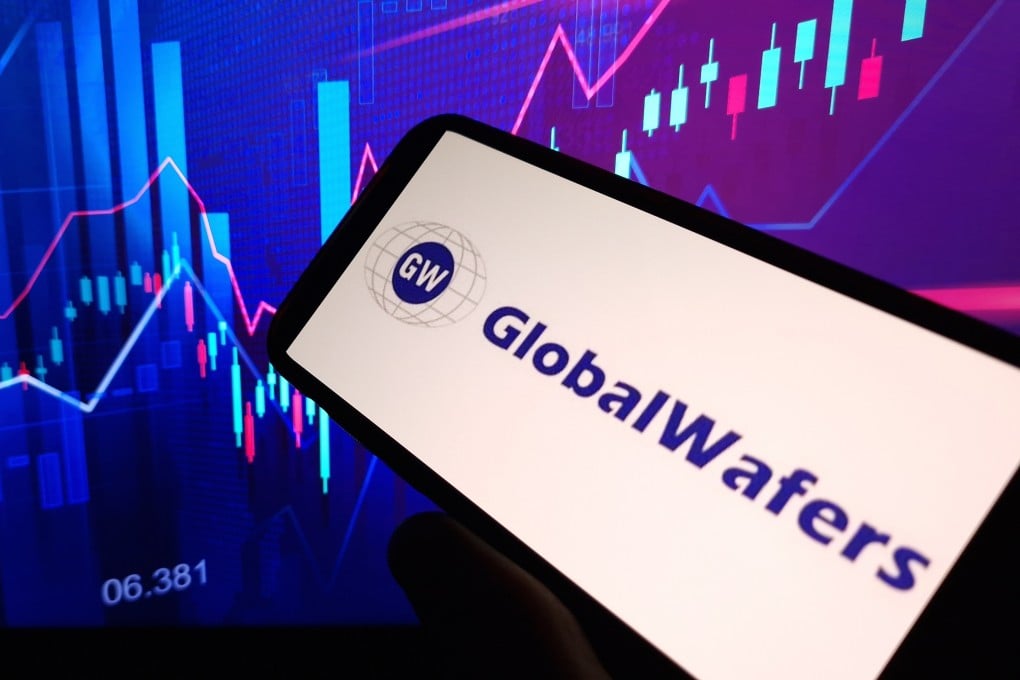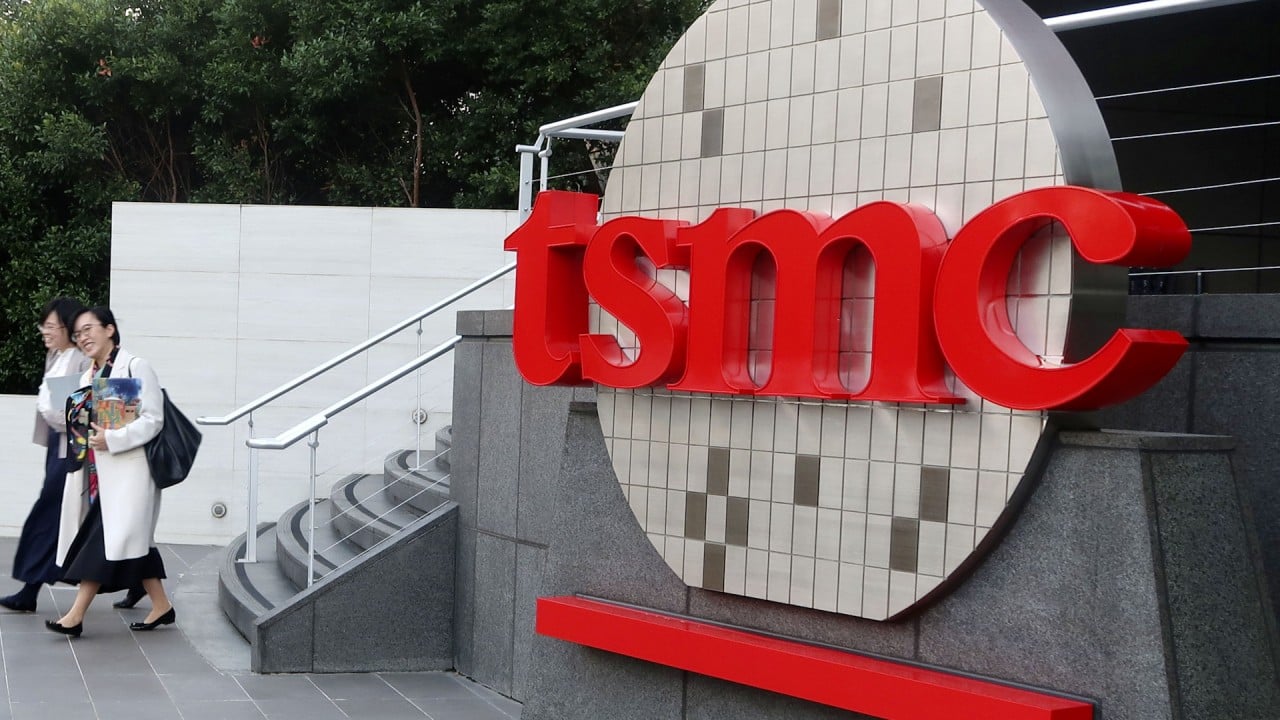Taiwan’s GlobalWafers is building out chip-making capacity overseas amid tariff fears
The world’s third largest provider of silicon wafers is expanding factories in the US and Europe, with CEO Doris Hsu raising concerns of a ‘special tariff’.

GlobalWafers is actively building out manufacturing overseas in anticipation of rising tariffs on chip materials, underscoring growing expectations that tit-for-tat trade measures will disrupt the semiconductor supply chain in coming years.
The world’s third-largest provider of silicon wafers is expanding its factories in six of the nine countries where it operates, including two factories in the US, one in Italy, and one in Denmark.
“I believe that not only in the US but also some other countries, there will be some special tariff” in the industry, GlobalWafers chairwoman and chief executive officer Doris Hsu told Bloomberg Television. Potential tariffs can be avoided by shifting to local production, she added.
Governments around the world increasingly view semiconductor technology through the lens of national security following chip shortages during and after the Covid-19 pandemic that crippled many industries, including car manufacturing. Rising geopolitical tensions have also raised the stakes.
Geopolitics is now driving the way companies do business, according to Hsu. A turning point for the company was a bid by GlobalWafers to buy German silicon wafer rival Siltronic AG for US$5 billion, which fell apart in 2022 after failing to win regulatory approval.
Prior to the Siltronic bid, more than 80 per cent of GlobalWafers’s growth came from mergers and acquisitions, Hsu said.
“We changed our policy because we found that it’s more and more difficult to do any cross-border M&A,” Hsu said. “That was why starting from 2022, we have expansion in six countries at the same time.”

